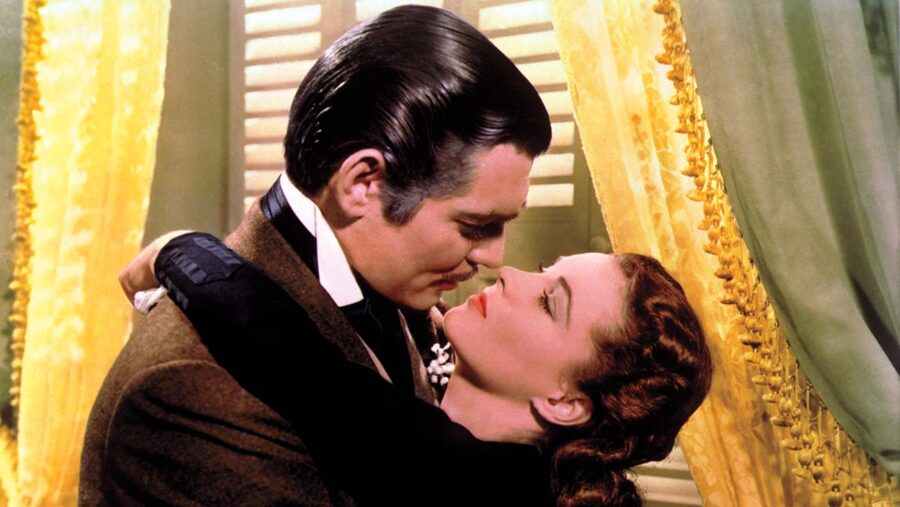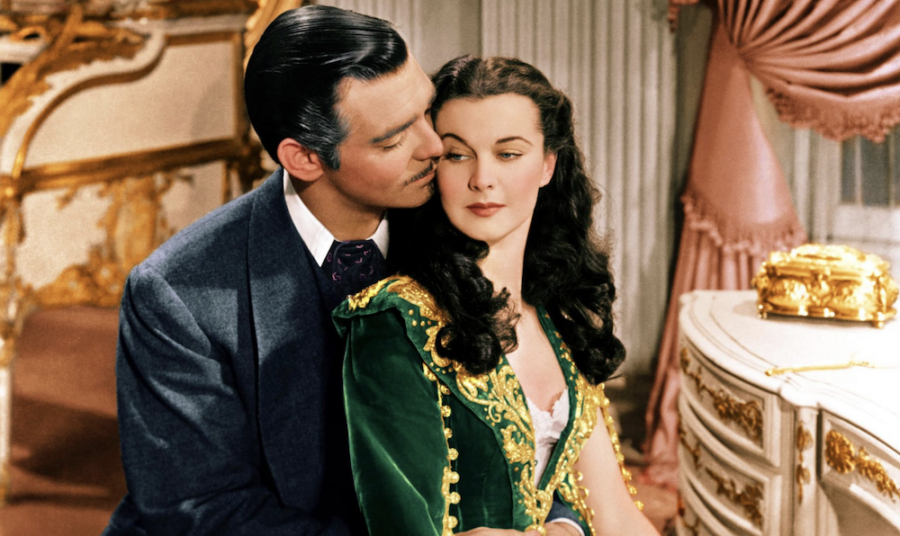Gone With The Wind Now Comes With A Warning About White Supremacy
The novel, Gone with the Wind now includes a warning about themes of white supremacy though none of the text has been censored or changed.

A recent write-up from World Of Reel has revealed that Gone With The Wind, the classic 1936 novel, has been marked with a trigger warning due to its tone-deaf depictions of people of color. The warning comes amidst a host of white supremacist groups growing in popularity across the world, often latching onto iconic pieces of art such as Michael Caine‘s breakout 1964 film Zulu, which recently saw a similar fate. With widely prominent figures such as Kanye West mainstreaming white nationalist talking points and a seemingly never-ending string of bipartisan arguments, it seems as though Gone With The Wind is the latest in a long line of battleground media to spark this debate.
Gone With The Wind was written by Margaret Mitchell and published by Pan Macmillan in 1936. The novel inspired the 1939 Vivien Leigh film of the same name, which solidified the story as a cultural staple, winning over a dozen Academy Awards. The story focuses on a coming-of-age tale following an Atlanta plantation owner’s daughter during the American Civil War, leading many readers to study the text for its depiction of the South within that era.
The film adaptation of Gone With The Wind was pulled from streaming services during the 2020 Black Lives Matter protests, which occurred across the country in the wake of the murder of George Floyd, along with several films and television episodes dubbed to be racially insensitive. This choice came after 12 Years A Slave scribe John Ridley penned an opinion piece in the Los Angeles Times noting the harmful and outdated stereotypes maligning black characters within the film. Notably, a 2011 episode of the NBC sitcom Community in which a character darkens their skin using makeup was also pulled from Netflix and Amazon Prime Video, as well as a number of It’s Always Sunny In Philadelphia episodes that feature white characters donning blackface.

Due to the sensitive nature of Gone With The Wind‘s subject matter, the publisher has decided to include a trigger warning in the book’s opening pages. The warning expresses that the novel was of its time, depicting characters as the author saw fit, and may include phrases or terms that are highly offensive and out of touch to many readers. While utilizing the warning without making any changes to the actual text, the publishers feel that they are honoring the novel’s original print without condoning its wording or messages.
As times continue to change and our society presses forward with new progressive points of view regarding art and culture, it makes perfect sense that outdated media may come off as highly abrasive to younger audiences, though the counterculture pushback remains strong. When Gone With The Wind was removed from HBO Max, droves of consumers purchased physical copies of both the novel and the film, sending the movie to number one on Amazon’s best-selling sales charts. Any time the so-called “cancel culture” has dethroned something, the argument surrounding the work seems to propel it significantly further into popularity than it would have been without the controversy.












